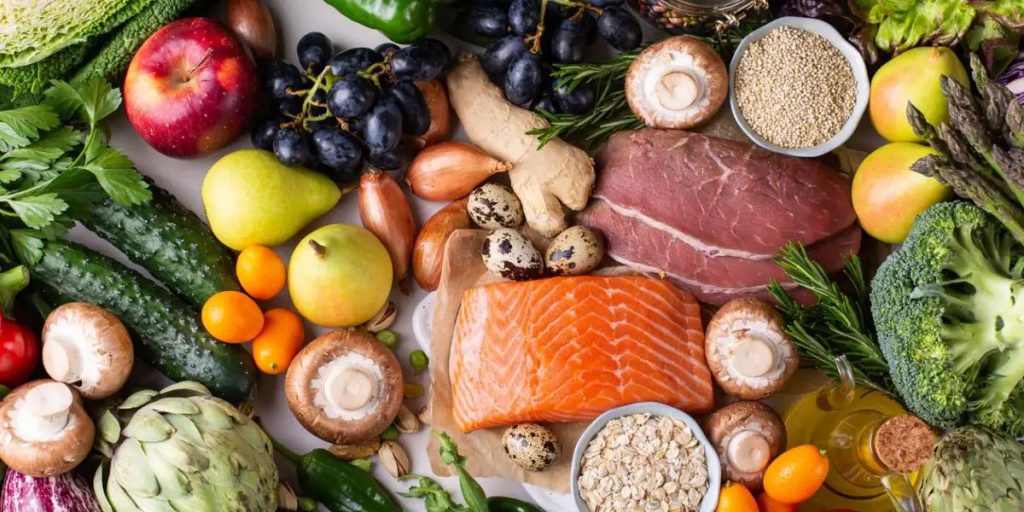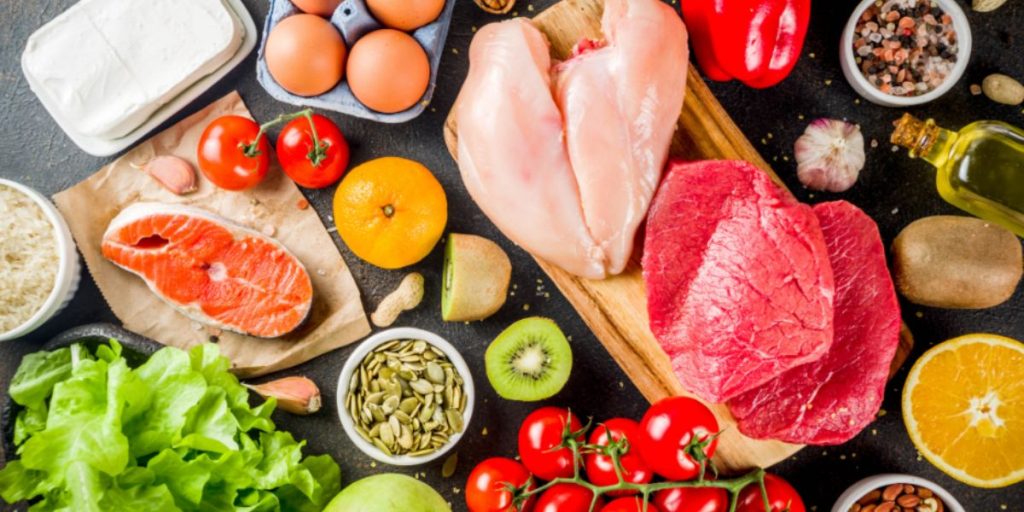According to new research, the appropriate diet may be the most effective treatment for the painful symptoms of irritable bowel syndrome (IBS).
In the study, two distinct dietary patterns outperformed traditional drugs in addressing the debilitating symptoms of gastrointestinal disease. One diet was low in “FODMAPs,” a type of sugar and carbohydrate present in dairy, wheat, and some fruits and vegetables, while the other was a low-carb diet high in fiber but low in all other carbohydrates.

The findings, published on Friday in the journal Lancet Gastroenterology and Hepatology, imply that patients should first try dietary changes before turning to medications for help.
IBS is one of the most prevalent and resistant disorders that gastroenterologists manage. It affects approximately 6% of Americans, with women diagnosed more frequently than males. Its symptoms are severe and potentially fatal: stomach discomfort, bloating, diarrhea, and constipation.
Treatments frequently involve dietary adjustments or the use of drugs such as laxatives and antidiarrheals; some antidepressants; and other prescription medications such as linaclotide and lubiprostone, both of which increase fluid in your stomach and bowel motions.
According to Dr. William Chey, a gastroenterologist at Michigan Medicine, a low-FODMAP diet can reduce IBS symptoms in most people by avoiding foods such as wheat products, legumes, some nuts, certain sweeteners, most dairy products, and many fruits and vegetables.
However, the diet is difficult to follow to because it is so limited and requires carefully reintroducing foods to determine which ones you cannot stomach, he noted.
According to study author Sanna Nybacka, a dietitian and postdoctoral researcher at the University of Gothenburg in Sweden, some research supports simpler dietary changes such as eating more slowly, smaller and more frequently, and limiting coffee, tea, carbonated beverages, alcohol, and fatty or spicy foods.
After seeing that some of their patients found comfort with a low-carbohydrate diet, Nybacka and colleagues decided to conduct a trial evaluating various treatment methods.
In a hospital clinic in Sweden, researchers studied 241 women and 53 men with moderate to severe IBS. Participants were randomly assigned to one of three therapy groups for four weeks.
In the medicine group, researchers assigned each participant one of eight IBS medications based on their primary symptoms, according to Nybacka. If their major complaint was constipation, they were given a laxative called sterculia; if it was diarrhea, they were given loperamide (Imodium).
A second group received goods and recipes to help them follow a low-FODMAP diet that includes rice, potatoes, quinoa, wheat-free bread, lactose-free dairy products, fish, eggs, chicken, beef, and a variety of fruits and vegetables. Nybacka stated that they were also instructed to eat slowly, in modest portions, and limit other foods and beverages that could cause discomfort.

The last group received supplies and recipes for a low-carbohydrate, high-fat diet that included foods such as beef, pork, chicken, fish, eggs, cheese, yogurt, vegetables, nuts, and berries.
After four weeks, 76 percent of those in the low-FODMAP group and 71 percent of those in the low-carbohydrate group reported considerable symptom relief, but just 58 percent of those in the medication group reported improvement. Among those who saw improvements, those in the diet groups reported significantly more symptom reduction than those in the medicine group, Nybacka added.
Nybacka was startled to find that the low-carbohydrate diet performed similarly to the low-FODMAP diet.
After four weeks, some participants continued to take the drugs and adhere to the dietary adjustments. At six months, participants in the diet groups reported fewer symptoms than they did at the outset of the experiment, despite the fact that majority of them did not adhere to the diets as strictly.
Chey stated that the study provided “real data” to back up what many doctors have observed in their practices: “Diet therapy is at least as good and probably better” than medicine.
However, because the experiment was conducted on a limited group of people at a single medical center in Sweden, the findings will need to be replicated in bigger and more diverse groups, he warned.
Furthermore, Dr. Lin Chang, a gastroenterologist at UCLA Health, told the Times that certain IBS medications may take more than four weeks to fully take effect.
Chang suggested that for some people, a combination of diet and medication may be most effective.
Still, the data show that dietary adjustments can be an effective treatment for IBS, according to Chey.
People should consult their doctors before starting either diet, Nybacka added, because the low-carbohydrate group saw a slight increase in blood cholesterol levels.
Chey further mentioned that both diets may not be suitable for people who have or are at risk of developing an eating disorder.
However, for everyone else, IBS symptoms may be treated simply “by eating differently,” Nybacka added.